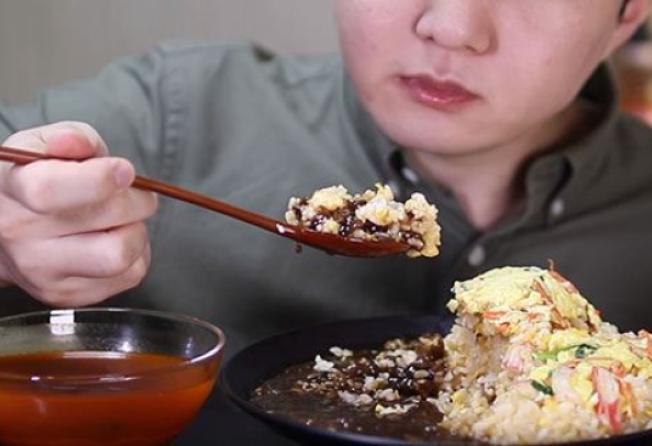South Korean court backs ‘recycling’ untainted food in restaurants
Restaurant denies breaking food sanitation rules, insisting that fried rice was returned untouched from the customer who originally ordered the dishes

By Ko Dong-hwan
A Busan court has backed a restaurant owner who was indicted for allegedly serving food that another customer had left.
In Busan District Court, the operator of a Chinese restaurant pleaded not guilty to a charge of serving a customer two plates of fried rice made from leftovers.
Prosecutors had indicted the operator in April 2017 for infringing the Food Sanitation Act, which bans using recycled food ingredients.
The operator denied the prosecutors’ charge, saying the dishes were untouched by the customer who originally ordered them. He said the customer returned the dishes as they were and he kept them and later reheated them again for delivery service for the plaintiff. He said his practice “avoids the Food Sanitation Act in that I did not recycle food previously touched.”
The prosecutors’ supporting evidence, a video clip, showed the restaurant owner unwrapping transparent vinyl film covers from two fried rice dishes. One dish was seen partially unwrapped as the owner was about to empty its contents.
The court said one dish wrapped with the vinyl film cover could not have been tainted, while the other dish with a partially torn vinyl film cover was “hard to tell if the content was a leftover” and “could have been torn during delivery.”
The court ruled that the evidence was not enough to prove the alleged offence.
The court’s decision has set an example in Korea, where many public eateries serve side dishes which customers often leave behind. The food is then thrown in the garbage, because some diners fear such food could be recycled.